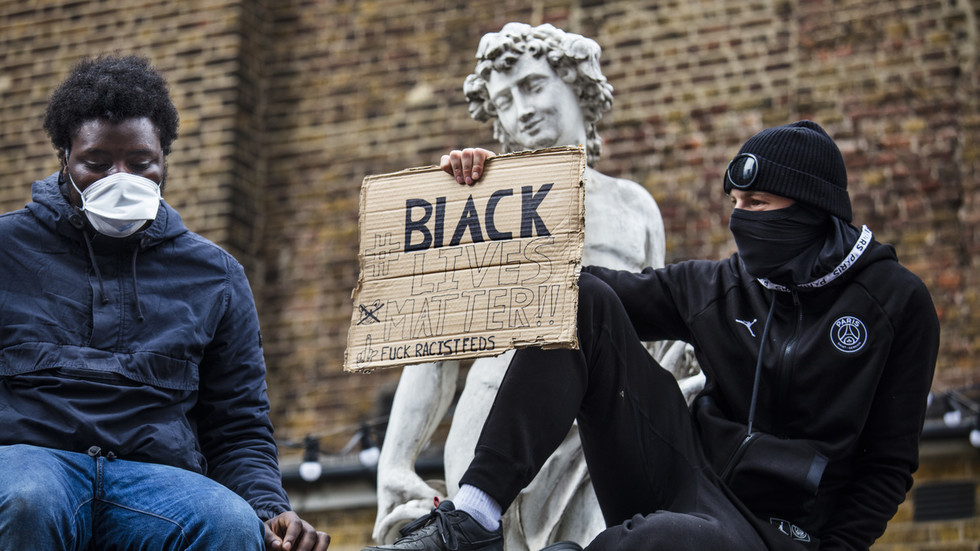Critical race theory is more insidious than even most conservatives realize

The Misunderstood Nature of Critical Race Theory: A Critique of Goodwin's Critique
The BPS and the Embrace of Critical Race Theory
Right-wing commentator Matt Goodwin recently declared the British Psychological Society (BPS) "captured" by "anti-racist racists," claiming it promotes the "radical" ideology of critical race theory. While his observation about the BPS's adoption of critical race theory is accurate, his analysis falls short.
Goodwin's apparent shock at this discovery is puzzling. The infiltration of postmodern ideologies into Western institutions has been a well-documented phenomenon since the late 1960s. Critical race theory's presence within the BPS is hardly surprising; in fact, its absence would be more remarkable.
Goodwin's Flawed Analysis
Goodwin's critique suffers from a crucial flaw: he mischaracterizes critical race theory as a "radical" or "left-wing" ideology. This is a fundamental misunderstanding. Critical race theory, along with other postmodern ideologies like climate catastrophism, diversity politics, and transgender rights, actually serves a deeply conservative function. These ideologies act as tools for the newly emerged global elites to maintain their economic and cultural power.
Rather than challenging the existing order, these ideologies reinforce it. They make genuinely radical critiques of Western societies virtually impossible. Consider the groups that fervently embrace these ideologies: academia, large corporations, the judiciary, the public service, and centrist politicians. These are hardly bastions of revolutionary fervor; they are the very beneficiaries of the current system.
The Conservative Nature of Postmodern Ideologies
While these ideologies may appear "radical" in their cultural implications, challenging the norms and values of previous ruling classes, their economic and political effects are decidedly conservative. They serve to protect the existing global economic order, as evidenced by the elite coalition that fought to maintain the status quo during Brexit.
The Limitations of Goodwin's Worldview
Goodwin rightly points out the intellectual incoherence and neo-totalitarian tendencies of critical race theory, but he fails to delve into why such an irrational ideology has gained such prominence. He overlooks the historical context, the pre-existing flaws within modern psychology, and the powerful political will required to dismantle these entrenched ideologies.
Goodwin's call for the "elite class" to prioritize "objective knowledge, truth, and reason" is naive. These ideologies are not susceptible to rational argument or moral condemnation. They are deeply intertwined with the interests of the ruling class and will not be easily dislodged.
The Need for a Deeper Critique
While Goodwin raises important concerns about the influence of critical race theory within the BPS, his limited worldview prevents him from offering a truly insightful analysis. A comprehensive critique of critical race theory and its impact on psychology is still needed. Such a critique must consider the broader political and economic context in which these ideologies flourish.